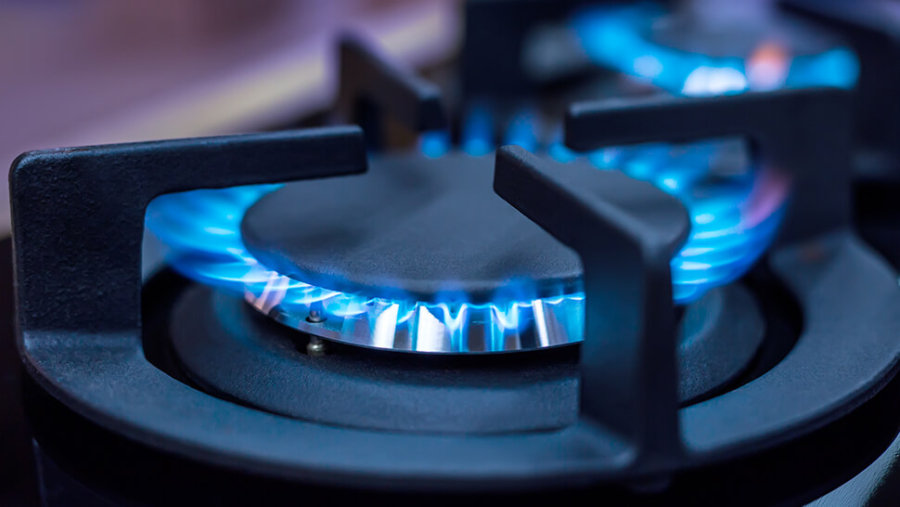

According to the Gas Safe Register website, unsafe gas appliances have been found in a fifth (21%) of privately rented accommodation leading experts to believe that 2.7 million people could be living in dangerous housing.
Despite residential landlords being responsible for ensuring that all gas appliances provided by them are safety checked every year by a qualified Gas Safe registered engineer, more than a third (37%) are unaware of their duty of care.
The Gas Safety (Installation and Use) Regulations 1998 place duties on certain landlords to ensure that gas appliances, fittings and flues provided for tenants’ use are safe.
These duties to protect tenant’s safety are in addition to the more general ones that landlords have under the Health and Safety at Work etc Act 1974 and the Management of Health and Safety at Work Regulations 1999.
The duties generally apply to gas appliances and flues provided for tenants’ use in properties that are occupied for residential purposes under either a licence, tenancy agreement for a set term, or under a lease that is under 7 years.
What are the main duties?
As a residential landlord you are required to:
- Ensure gas fittings and flues are maintained in a safe condition. Gas appliances must be serviced in accordance with the manufacturer’s instructions. Where manufacturer’s instructions are not available, it is recommended that they are serviced annually.
- Ensure an annual safety check is carried out on each appliance/flue. Before any new lease commences, you must ensure that these checks have been conducted within 1 year of the start of the lease. Where appliances in the property have been installed for less than 12 months they should be checked within 12 months of the installation date.
- Ensure all installation, maintenance and safety checks are carried out by a Gas Safe registered engineer.
- Keep a record of each safety check for a minimum of 2 years.
- Issue a copy of the latest safety check record to tenants within 28 days of it being conducted or to any new tenant before they move in.
What happens where you engage the services of a managing agent?
Even when you use a managing agent, the landlord retains overall responsibility for ensuring compliance with the requirements. The management contract should clearly identify who is to make arrangements for maintenance and safety checks to be carried out and keep records to ensure that both parties understand what is expected of them.
What if the property is sub-let?
In this situation the original landlord may retain duties but these will overlap with those acquired by the person who sub-lets. Close co-operation and clear allocation of duties are essential to ensure legal duties are met.
How can you ensure that the gas engineer you use is Gas Safe registered?
It is illegal for landlords and unregistered engineers to carry out gas work. The HSE will not hesitate to prosecute landlords who use unregistered gas engineers and you can easily check whether gas engineers are registered by checking on the Gas Safe website www.gassaferegister.co.uk.
What are the consequences of getting this wrong?
Earlier this year Christopher Hobaiter, a private landlord, was sentenced to 26 weeks prison sentence, suspended for 24 months, and ordered to pay costs of £1904.02 following his failure to maintain or check the gas fittings in one of his properties. An investigation by the HSE discovered an appliance leaking deadly carbon monoxide at a tenanted property.
Furthermore, a fraudulent gas engineer Sven Biesterfeldt was also prosecuted earlier this year for completing annual gas safety checks at tenanted properties, despite not being a registered gas engineer and using another companies Gas Safe Register number. He was sentenced to 8 months in prison, suspended for 1 year and ordered to undertake 180 hours unpaid community work. He was also disqualified from being a company director for 3 years and ordered to pay £4,000 costs. In this case the landlord was not prosecuted possibly due to the fact that he had highlighted concerns regarding the gas engineer to the HSE.
These prosecutions are not unusual, and with the potential for custodial sentences and unlimited financial penalties this is something that landlords can’t afford to get wrong.










